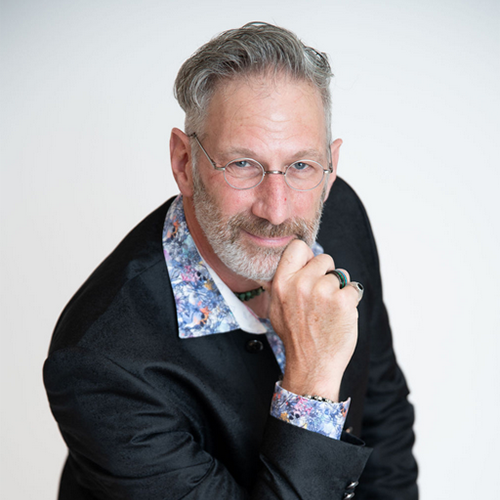Sessions
Seating Instructions: Seating is first-come, first-served. Reserved seating options are available for accessibility and accommodations. For detailed accessibility information, visit INFO > FAQs in the app.
Assumptions and biases have a bad reputation currently, but not all biases and assumptions are negative - but even when positive, they might not be helpful in constructive communication. Some assumptions and biases are conscious, some are unconscious, all are learned. What has been learned can be unlearned. 'We've always done it this way' is the equivalent of 'I'd do it this way, so you should too.' These fixed-perspectives do not allow for fresh ideas to be heard from new voices, and keep individuals and organizations stuck in cycles of navigating what is through perceptions of what used to be. Awareness is the first level of change. Once an HR professional becomes aware of the assumptions and biases they have been holding, and how these elements have been affecting how they are showing up in conversations, they have the opportunity to challenge their preconceived ideas and allow for greater curiosity & collaboration. This presentation is designed to help build curiosity and collaboration in conversations, by offering tools to create conscious listening and an awareness of individual intuition and presence for IE&D professionals. Ultimately, leaders must make decisions. Of course, leaders want to make the best decision or avoid the worst decision. There are no such things. 'Best' and 'Worst' are judgements based on the actual outcomes compared to the intended outcomes. There are only decisions. However, there are more-informed and less-informed decisions. This is discernment of what is known at the moment of choice. Curious listening, beyond assumptions and biases, will help uncover more information for the ultimate decision. It is possible that not everyone will agree with the final decision, yet having collaborative conversations can help with crucial elements to growth and inclusion: 1. All voices will have an opportunity to be heard, and their perspectives included. 2. With more perspectives included, a more-informed decision can be made. 3. By being heard, all voices will have a sense of participation in the final decision and be more engaged in acting to achieve it.
Learning Objectives:
- How HR professionals can notice when their assumptions and biases might be engaged, and how to hit the Pause button.
- How IE&D professionals can become curious about what they DON'T KNOW in a given situation and leverage questions for collaborative communication.
- Discernment is different than judgement - how to notice something in conversation without being triggered or glimmered by it.
- How HR and IE&D leaders can embody a coaching mindset to honor the wisdom of everyone in the room so that more voices can be included/considered in the final decision.
Direct Link to Session Materials: If the speaker provides session materials, you can access them via the app, web format or at https://presentations.shrm.org/.
Live Streaming and Recording: Unless marked 'in person only,' all sessions are live-streamed on the app or web format and available for replay 30 days after the event.
Acknowledgment of Technical Issues: While rare, technical issues may occur during sessions. We appreciate your patience as we quickly address them.
Accessibility & Accommodations Information: For detailed accessibility & accommodations information, visit INFO > FAQs in the app.

